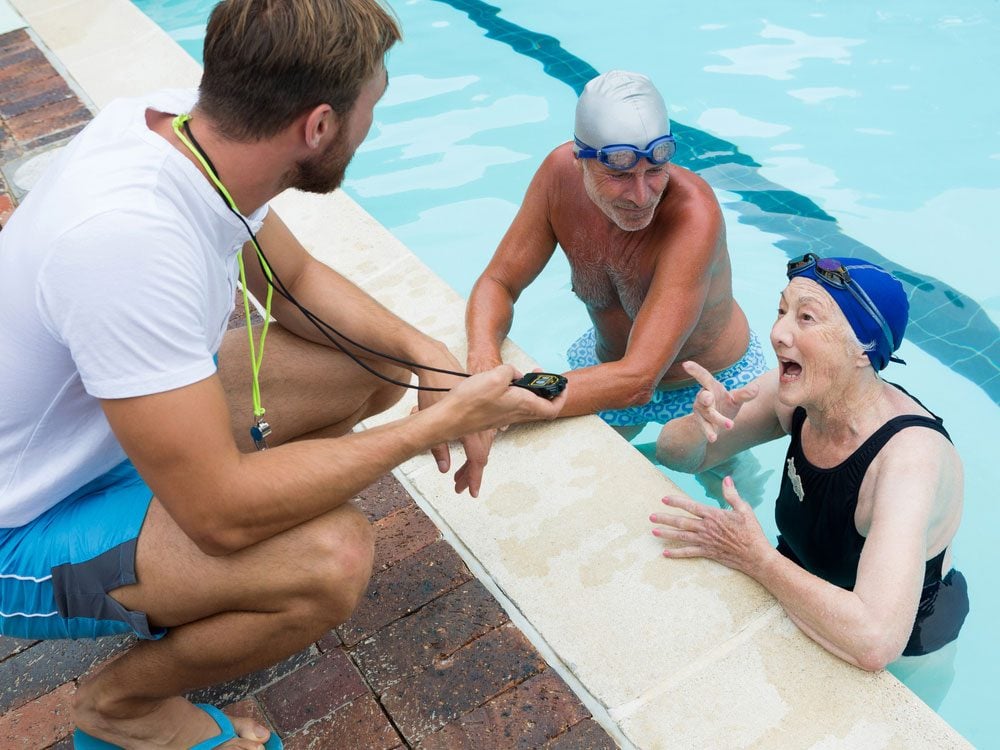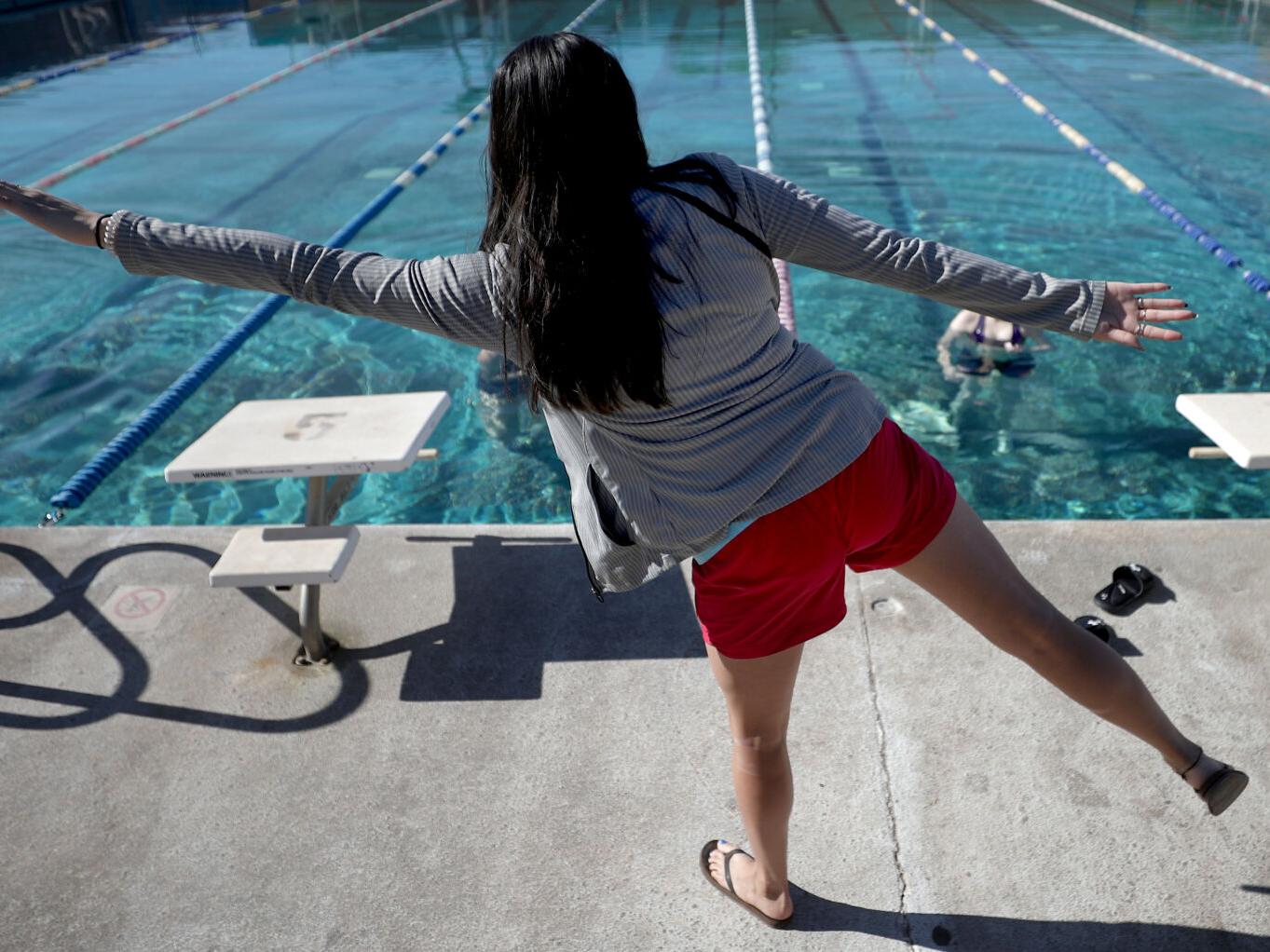There are three different types of lifeguards: swimming instructors, rescue lifeguards, and water safety officers. Each type of lifeguard has specific job duties.
Table of Contents
Swimming Instructors
Swimming instructors are responsible for teaching new swimmers and also for rescuing swimmers who have fallen in the water or who are lost. Yet swimming instructors may not be able to perform all the duties of a lifeguard.
Lifeguards are responsible for assisting swimmers in distress, monitoring and warning of dangerous conditions, and preventing people from entering restricted areas. Lifeguards are often stationed at beaches, pools, lakes, rivers, and oceans. They also may work on lands, such as at parks, zoos, amusement parks, and other recreational areas.
The job of a lifeguard requires great strength, endurance, and agility. A lifeguard must be able to swim and dive into the water, climb over rocks, and lift heavy objects. He or she must also be able to stand for long periods of time, walk along wet surfaces, and climb ladders.
Rescue Lifeguards
The second type of lifeguard is a rescue lifeguard. Rescue lifeguards are those who respond to calls for help from the public and other agencies. They may be paid or unpaid, full-time or part-time, and work under the jurisdiction of the local government or under a private organization. Rescue lifeguards must be trained in water rescue techniques, first aid, CPR, and rescue swimming. Many organizations have developed programs that can qualify you as a rescue lifeguard. They are responsible for rescuing drowning people from the water and also for providing medical attention to any injuries that occur.
Water Safety Officers
Water safety officers are responsible for enforcing the rules and regulations regarding swimming at a pool, lake or beach. On the whole, water safety officers have a lot of power. They can find you, order you to take a bath, or even throw you in jail. Here, we will discuss what they can do, how they do it, and what you can do to protect yourself from being fined, arrested, or thrown in jail.
What Can Water Safety Officers Do?
- They can issue fines.
- They can issue citations.
- They can order you to take a bath.
- They can order you to take a shower.
- They can order you to swim in a designated area.
- They can order you to stop swimming.
- They can order you to take a refresher course.
- They may issue fines or citations if you are violating any of the rules.
What Is The Difference Between A Lifeguard And A Water Safety Officer?
A lifeguard is someone who has been trained to rescue swimmers in distress. A water safety officer (WSO) is someone who is responsible for enforcing the rules and regulations of swimming pools, lakes and beaches. Obviously, a lifeguard is more likely to be able to save a person from drowning, but a WSO is more likely to be able to catch someone breaking the rules.

A lifeguard is someone who has been trained to rescue swimmers in distress. A water safety officer (WSO) is someone who is responsible for enforcing the rules and regulations of swimming pools, lakes and beaches. Obviously, a lifeguard is more likely to be able to save a person from drowning, but a WSO is more likely to be able to catch someone breaking the rules.
Obviously, the job description of a WSO is much broader than that of a lifeguard.
How Do I Become A Lifeguard?
Most states require lifeguards to be certified by the American Red Cross. The American Lifeguard Association is one of only a few national certifying agencies for lifeguards. ALA is determined by the US Labor Department that we are offering lifeguard training programs similar and equivalent to those being offered by the American Red Cross.
The certification is offered in two levels: basic and advanced. Both are valid for five years. To become certified as a basic lifeguard, you can lifeguard training program near you by contacting The American Lifeguard Association.
How Do I Become A WSO?
In most states, there are no special requirements for becoming a WSO. In some states, however, you may need to be certified as a lifeguard first.
Are All Lifeguards Certified?
No. Many people believe that all lifeguards must be certified. This is not true. Lifeguards can be certified in many different ways. Some are certified by a state agency, some are certified by a private company and some are certified through an online program.
Final Thoughts
The American Lifeguard Association offers its lifeguard training programs all around the world and has been training individuals as lifeguards for more than 30 years. Lifeguard training with ALA does not require you to wait for a certain time for a group to gather for the class. They offer lifeguard training all year, individually and in groups as well.

